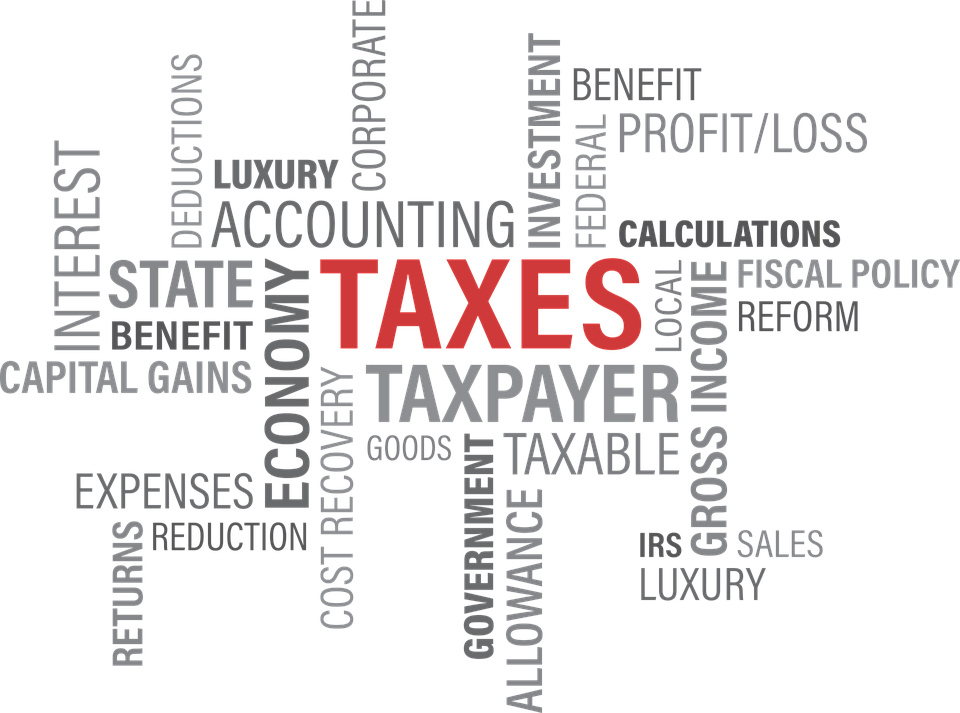The pandemic, coupled with new tax laws, pandemic relief efforts, late or missing guidance, changing deadlines and more has further complicated an already complex tax system. These changes have left taxpayers and tax practitioners struggling to understand how this impacts their filing obligations. As we approach the end of the postponed May 17, 2021 tax deadline, the American Institute of CPAs (AICPA) is helping taxpayers with steps to take before finalizing their tax returns or extension requests.
- Confirm which stimulus payments were received and/or may still be owed –Taxpayers can request a recovery rebate credit for any missed or incorrect stimulus payment amounts. If you’re not sure how much you received in the first and second rounds, the IRS has a tool to provide that information before filing a return. It can also help you access your historical filings, provide income information and allow you to make tax payments.
- Verify your state tax return filing and payment deadline – When the IRS postponed many federal tax filing dates, not every state also adopted and reconciled its filing deadlines. Other states changed their deadline to a completely different date. It’s important to know what your state tax filing deadline is – AICPA is tracking state tax filing deadlines to help taxpayers and tax practitioners understand their state tax compliance.
- Be aware of last-minute tax code changes – There have been many recent changes to the tax code, and a CPA can help you make sense of them. Some recent tax changes include:
- The first $10,200 of unemployment is not taxable*
- Early retirement account withdrawals will not be subject to the 10 percent penalty AND taxpayers can elect to pay the tax due over three years*
- Taxpayers can choose to use their 2019 or 2020 earned income in computing refundable credits such as the Earned Income Tax Credit and the Additional Child Tax Credit to optimize their refund*
- Teachers can deduct up to $250 for personal protective equipment (PPE)
- Cash contributions up to $300 can be deducted for taxpayers who do not itemize*
- 100% of qualified business meals qualify for a temporary deduction if a restaurant provided the meal*
*Subject to certain criteria and limitations based on factors such as adjusted gross income, filing status, age, and more.
- Don’t rule out other tax breaks – The Consolidated Appropriations Act, 2021 passed in December 2020, made many changes to various tax deductions. Below are some of the notable deductions available:
- Deduction for medical expenses exceeding 7.5 percent of your AGI* (made permanent)
- Exclusion of discharge of indebtedness of home mortgage up to $750,000* (five-year extension through 2025)
- Deduction of mortgage insurance premiums* (one-year extension through 2021)
*Subject to certain criteria and limitations based on factors such as adjusted gross income, filing status, age, and more.
- Determine if you owed an estimated payment – Though the IRS postponed the 2021 tax filing deadline to May 17th, it did not include all filing deadlines in that decision. Most notably, estimated quarterly payments for the first quarter were still due on April 15th.
Taxpayers who were freelancers or independent contractors are impacted as well as those who received taxable unemployment compensation with little or no tax withheld. Taxpayers should know whether they are required to make estimated quarterly payments, and those who missed the April 15th deadline should make their payment as soon as you possible to avoid further penalties.
Consulting with a CPA is the best option, as estimated payment calculations can be complex. Rest assured, however, that the IRS offers remedies such as first-time abatement and/or reasonable cause penalty relief. The AICPA’s 360 Degrees of Financial Literacy site offers more information on handling certain tax issues, such as seeking relief from penalties, along with a wide selection of resources on managing personal finances.
- Consider penalty relief options – If a filing deadline or payment was missed as a result of the pandemic or other extenuating circumstances and the IRS assessed a penalty, relief options are available. The IRS first-time abatement program can help taxpayers who meet certain criteria, which includes a history of meeting deadlines and timely tax payments.
However, this relief can only be used once every three years. If the taxpayer does not meet every qualification, and has reasonable cause for incurring the penalties, the IRS may still consider removing the penalties. This process requires a written request substantiating the claim along with supporting documentation. AICPA has been working with the IRS to make these options more accessible to taxpayers and their advisors as the increase in penalties due to the pandemic has risen sharply.
- Don’t stop payment on your tax payment – The IRS is working through a significant backlog and there could be a delay between when a bank stops payment and the IRS processes a tax return. This could result in the IRS imposing a penalty on that return. Keep payment record(s) and any communications or paperwork sent to the IRS. Most importantly, be patient.
“Despite living with the pandemic for over a year and adjusting to a ’new normal,’ the 2021 tax season has created unique challenges that many are struggling to navigate. Our team is hearing from taxpayers and tax practitioners alike who are overwhelmed with the changes, unclear on the guidance and anxious about their ability to file accurate returns and pay their tax bills,” says AICPA Director of Tax Practice & Ethics, Cari Weston, CPA, CGMA.
“While the IRS has made great strides to offer assistance and education through regular communications, its website, and social media channels, they too are suffering the effects of the pandemic and have a significant backlog, reduced manpower and additional work in administering the recent law changes and relief efforts. We are hopeful these tips and resource links will make this year’s tax season a little easier and help taxpayers and their advisors take maximum advantage of recent tax changes that could benefit them and avoid unnecessary penalties,” continued Weston.
Thanks for reading CPA Practice Advisor!
Subscribe Already registered? Log In
Need more information? Read the FAQs




